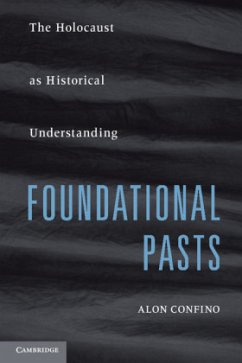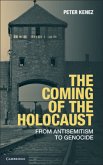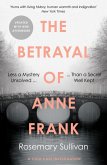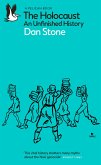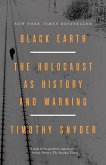Alon Confino seeks to rethink dominant interpretations of the Holocaust by examining it as a problem in cultural history. As the main research interests of Holocaust scholars are frequently covered terrain - the anti-Semitic ideological campaign, the machinery of killing, the brutal massacres during the war - Confino's research goes in a new direction. He analyzes the culture and sensibilities that made it possible for the Nazis and other Germans to imagine the making of a world without Jews. Confino seeks these insights from the ways historians interpreted another short, violent and foundational event in modern European history - the French Revolution. The comparison of the ways we understand the Holocaust with scholars' interpretations of the French Revolution allows Confino to question some of the basic assumptions of present-day historians concerning historical narration, explanation and understanding.
Hinweis: Dieser Artikel kann nur an eine deutsche Lieferadresse ausgeliefert werden.
Hinweis: Dieser Artikel kann nur an eine deutsche Lieferadresse ausgeliefert werden.

